Description
What is Sencha?
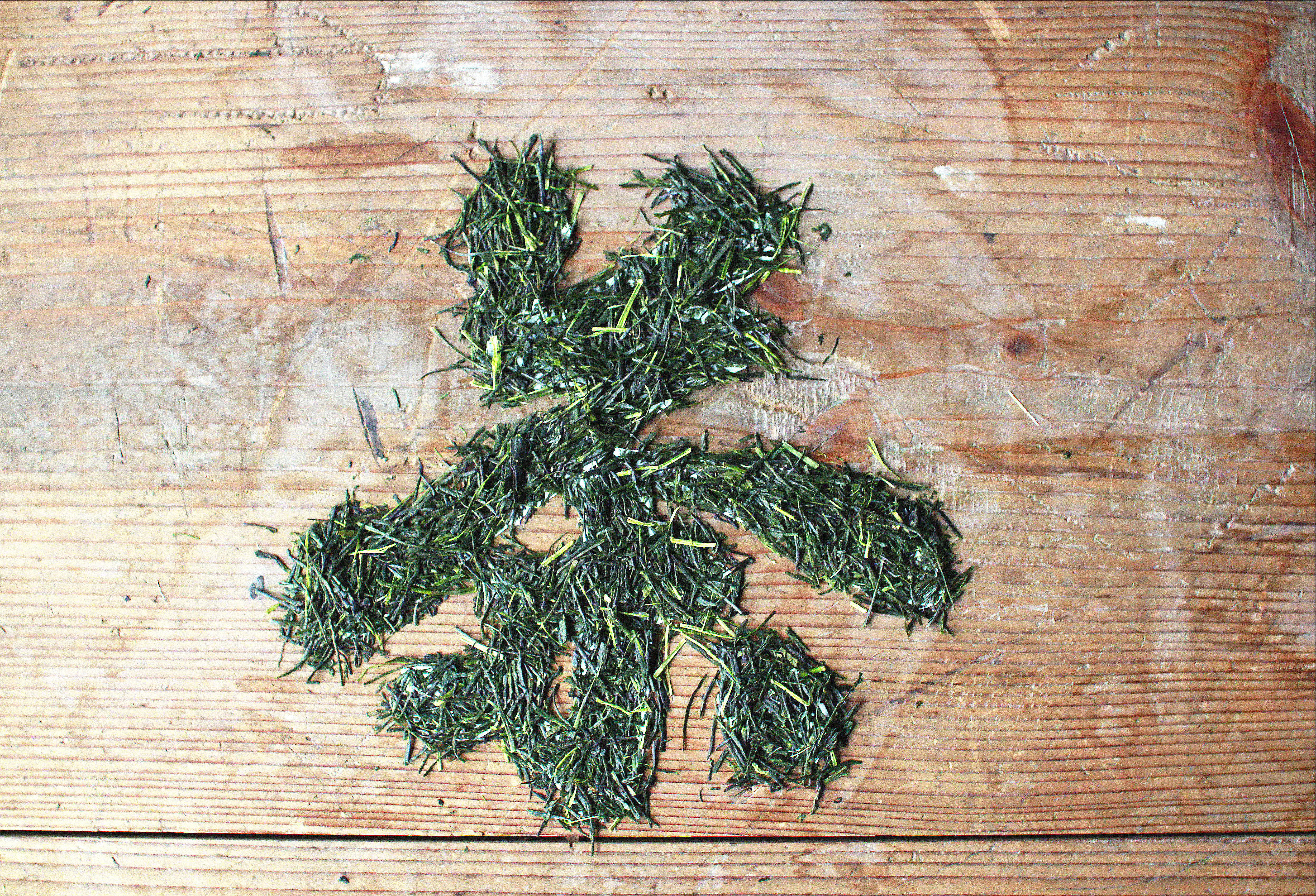 Sencha (煎茶) is the most popular tea in Japan and is unique in its distinctive emerald colour and grassy, vegetal taste. Directly translated as `brewing tea´, 80% of all green tea produced in Japan is considered Sencha. After being picked, the tealeaves are immediately steamed for about 40 to 50 seconds to stop them from oxidising. The tea is then rolled in several processes: rough rolling, strong rolling, middle rolling and finally fine rolling. This transforms the leaves into the beautiful needle shapes that are typical of Japanese tea.
Sencha (煎茶) is the most popular tea in Japan and is unique in its distinctive emerald colour and grassy, vegetal taste. Directly translated as `brewing tea´, 80% of all green tea produced in Japan is considered Sencha. After being picked, the tealeaves are immediately steamed for about 40 to 50 seconds to stop them from oxidising. The tea is then rolled in several processes: rough rolling, strong rolling, middle rolling and finally fine rolling. This transforms the leaves into the beautiful needle shapes that are typical of Japanese tea.
Kabuse Sencha (かぶせ煎茶) or shaded tea, is a premium tea rich in umami, best brewed at around 60 degrees. Produced by covering the tea plants just after new leaves begin to sprout in early May, the shade reduces sunlight by as much as 85% to encourage the plants to produce wide, tender, chlorophyll-rich tea leaves.
Farmer Profile
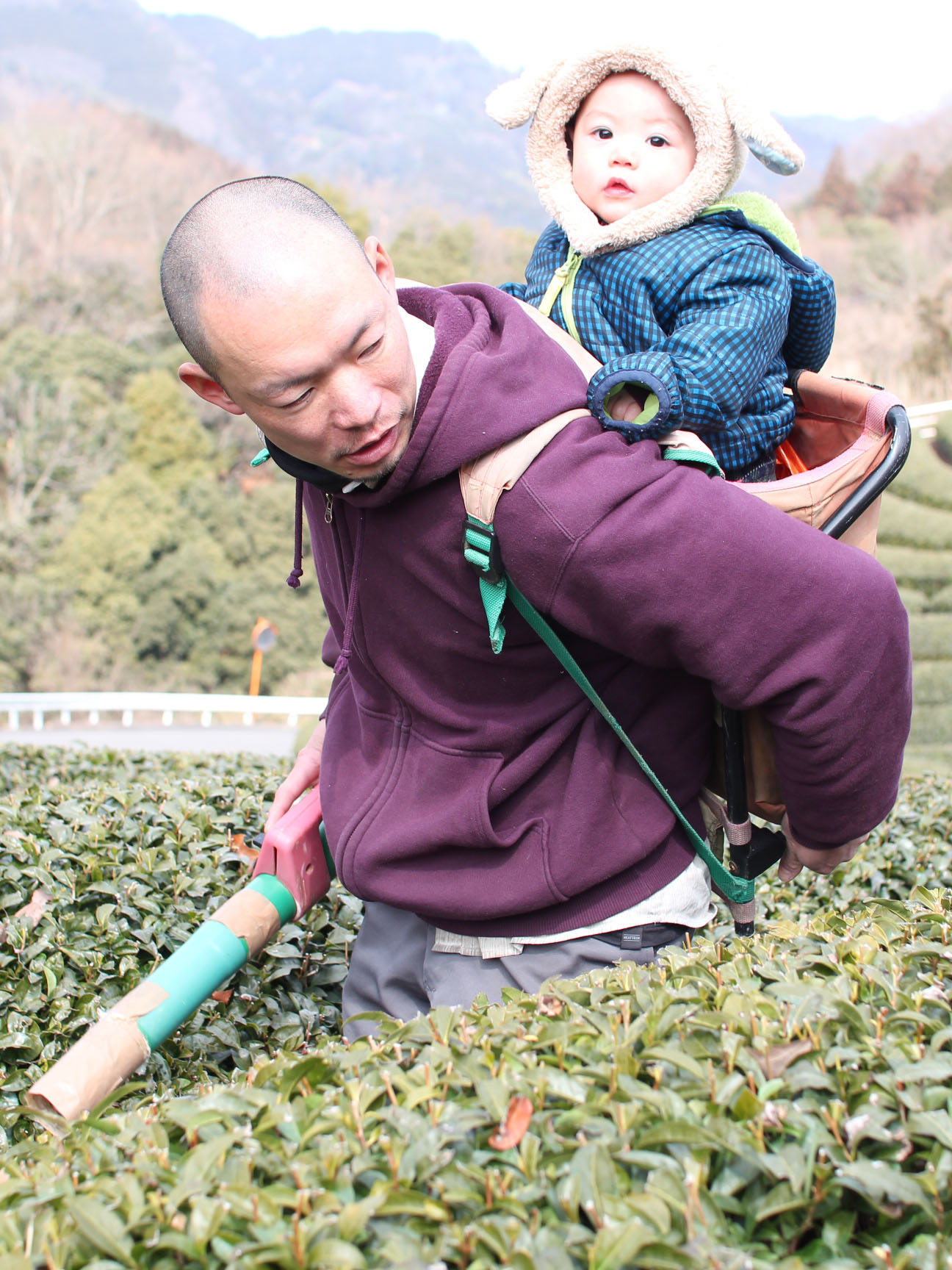
Akihiro “Akky” Kita is our president and lead farmer here at Obubu. His desire to make this tea available to the general public is the foundation of Kyoto Obubu Tea Farms. In college, Akky took up a part-time job as a farmhand in Wazuka, and fell in love with the tea of this region. He made the decision then to leave college and devote his time to mastering the art of tea farming. Recognizing the need for independent farmers like himself to spread the joy of drinking Japanese tea, he travels each year during the winter off-season to bring Japanese tea to people all over the world.

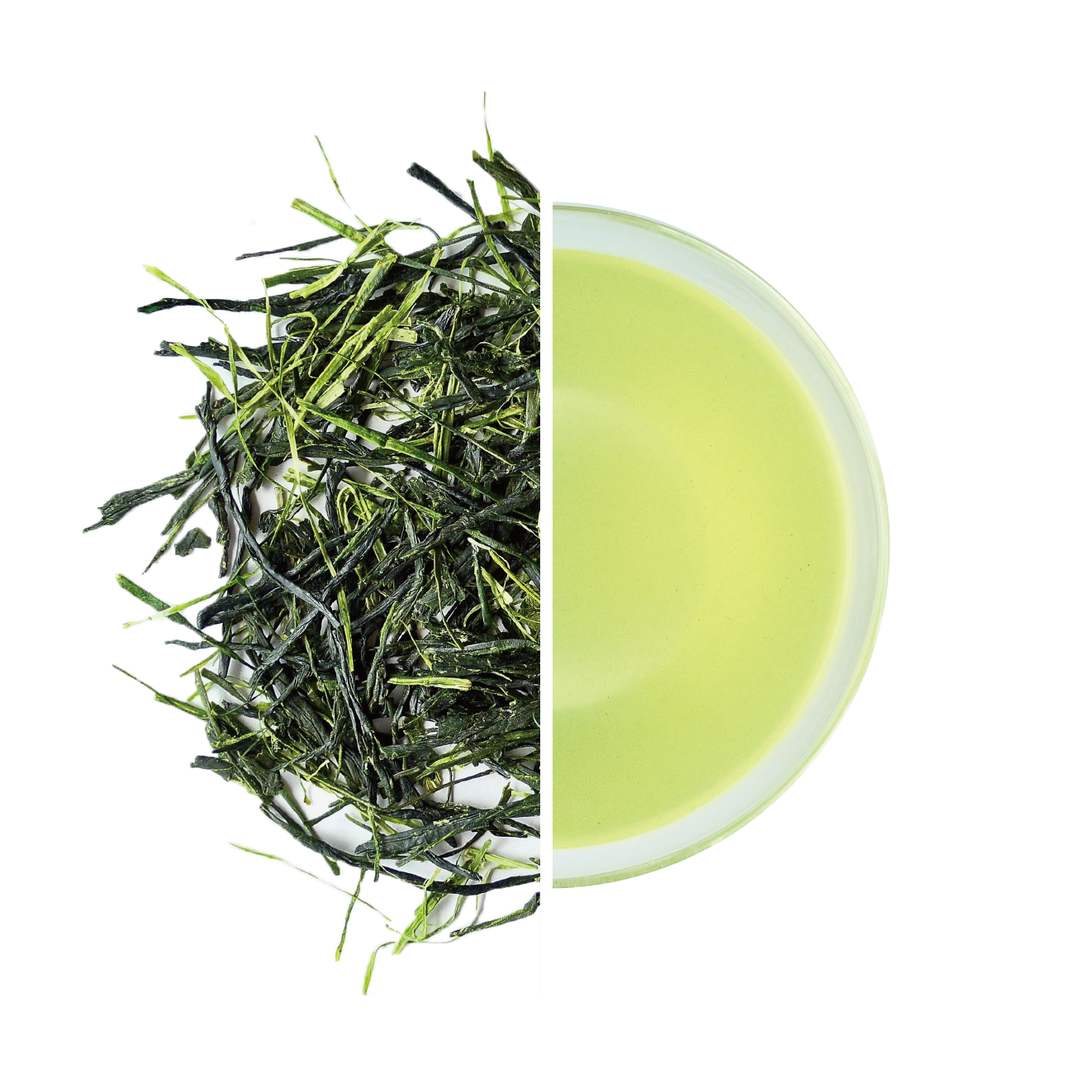
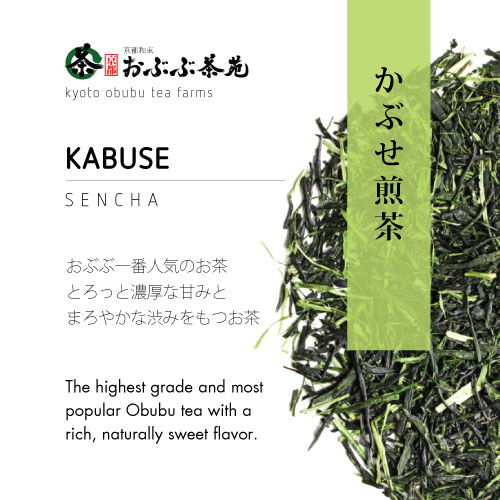
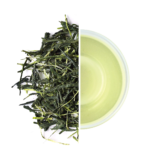
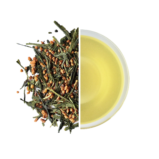
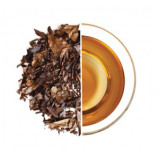

Obubu Tea –
Reviews by tea professionals and enthusiasts:
“Very vegetable and pure. The liquid comes out darker as you rebrew it, which is rare for me to do with sencha. I brewed this three times and was quite happy every single time, it was close to a gyokuro without the buttery texture. The smoothness and size of the leaf of this tea when combined to its color-” Liquid Proust, 2015
“The aroma of these leaves is pure vegetal. This tea evokes growth! I prepare my kyusu for a pleasant brew. The first steeping was a translucent nectar. The syrup was softly sweet with notes of light grass. This brew carried a bright spring scent of a vegetable garden in full swing. The next subsequent brews gained more and more depth. This drink became grassy and full of umami. I was able to get four steepings from these leaves (which is a lot for japanese sencha). I love this tea and I cant wait for this years harvest!”- Haveteawilltravel, 2014
“This is an earthy sencha – in that it gives me no marine/seaweed characteristics whatsoever. It is grassy, and again, that sweet, buttery spinach is what I taste. It doesn’t have what I necessarily consider to be umami, but it does have just a touch of astringence when it cools”- JoonSusanna, 2014
“Its sweetness and vegetal tones are hard to match. The first cup is tasty and sweet, even creamy.” – by Tebebi, 2014 (Translate from Spanish)
“It had quite a bitter taste, but that didn’t stop me from drinking the whole pot over the course of an afternoon! It tasted so much fresher than the usual green tea teabags I drink, and felt healthy too” – Allison Muskett, 2014
“This Kabuse Sencha from Kyoto Obubu Tea Farms was the perfect tea to study tonight. It provided me with all of the benefits that I was looking for in a tea. It was refreshing, hydrating, and uplifting. ” – by Tea Journey Man, 2014
“One of the best Kabuse Sencha, that I have had” – by Caj Room, 2013 (translated from Czech)
“This high-grown partially-shaded tea tastes almost like a light, grassy, springlike sencha blended with a rich gyokuro. But this is not a blend — it’s the inherent quality of the tea itself.” – by Tea Guide, 2011
“I couldn’t figure out why I liked it, but it didn’t have the typical gyokuro flavors (nor the typical sencha ones)… it wasn’t strongly marine flavored or vegetal, or super sweet or bitter, or fruity, and yet somehow it was full of flavor and gave 5 good infusions.” – by Shinobi_cha, 2011
“So far so good. Nice and sweet, but with a backbone of complexity and depth. Looking forward to figuring this tea out and really getting it to sing.” – by Mark Torromeo, 2011
“The flavor did not have any bitterness or astringency at all, though it was not directly sweet either, but rather had green asparagus undertones” – by Blekte, 2011 (Translated from Swedish)
Daniel Daniel (verified owner) –
Very good, this tea is rich and balance the sweetness, grassy and umami
Mémurlin Thomas (verified owner) –
My absolute favorite green tea! It has been my daily for many years now. Thank you Obubu Team!